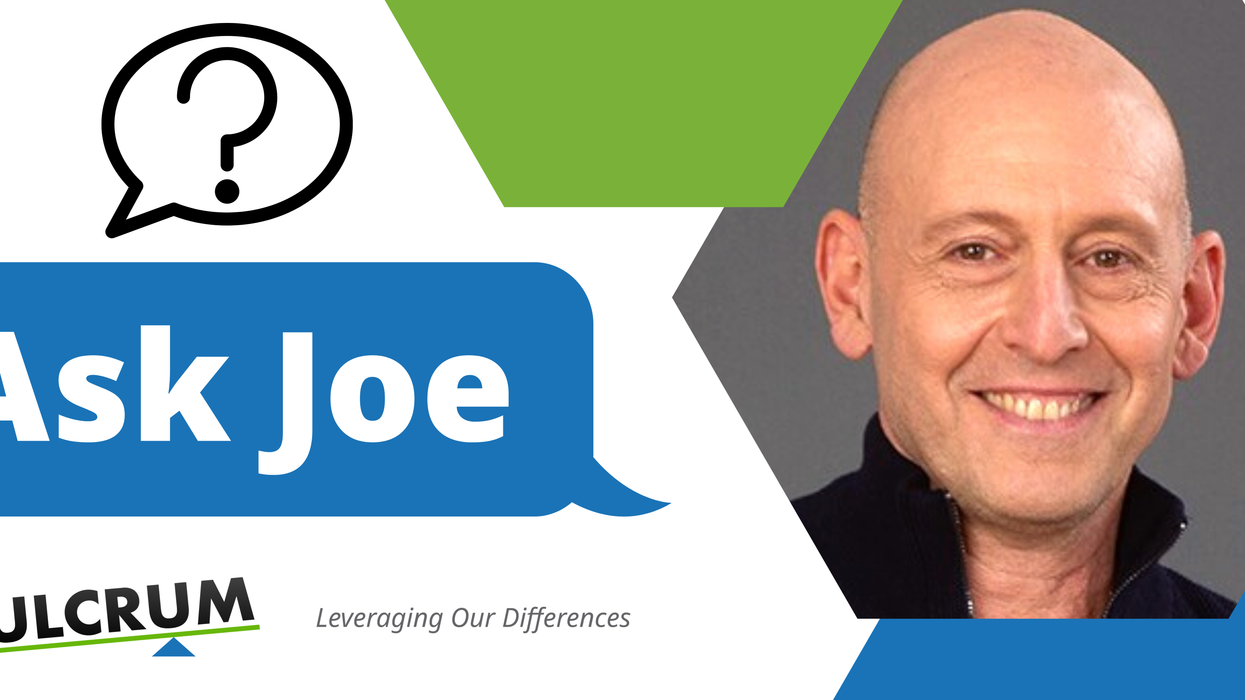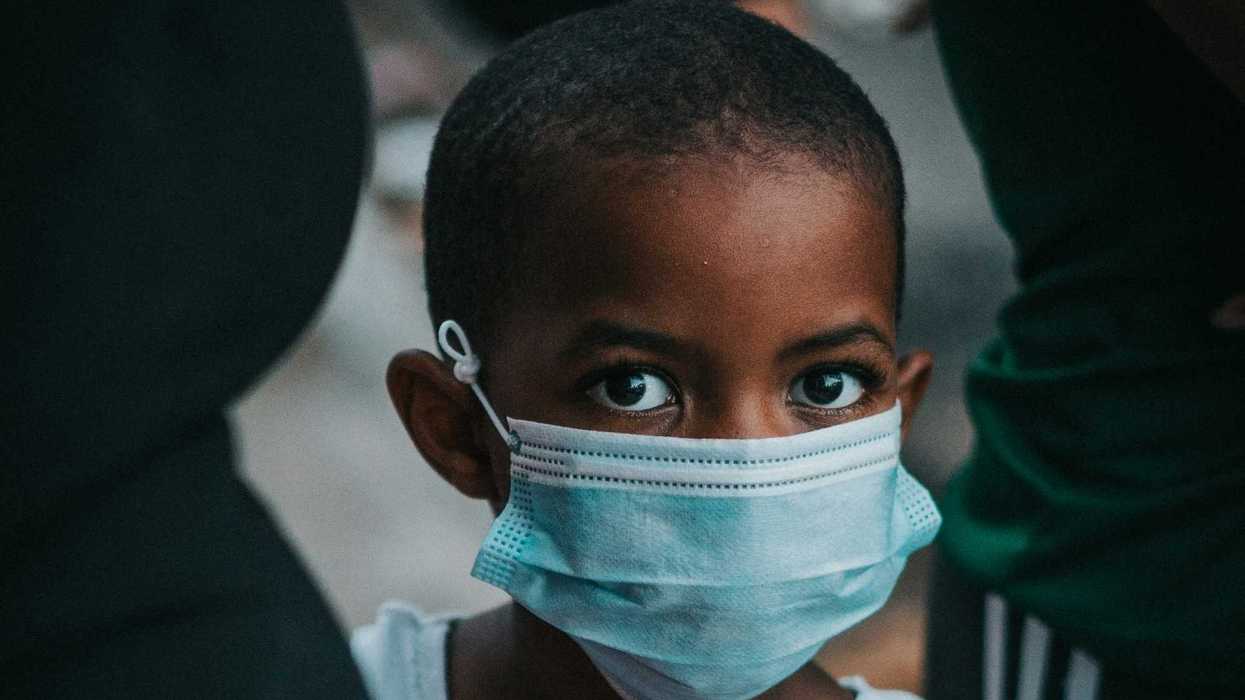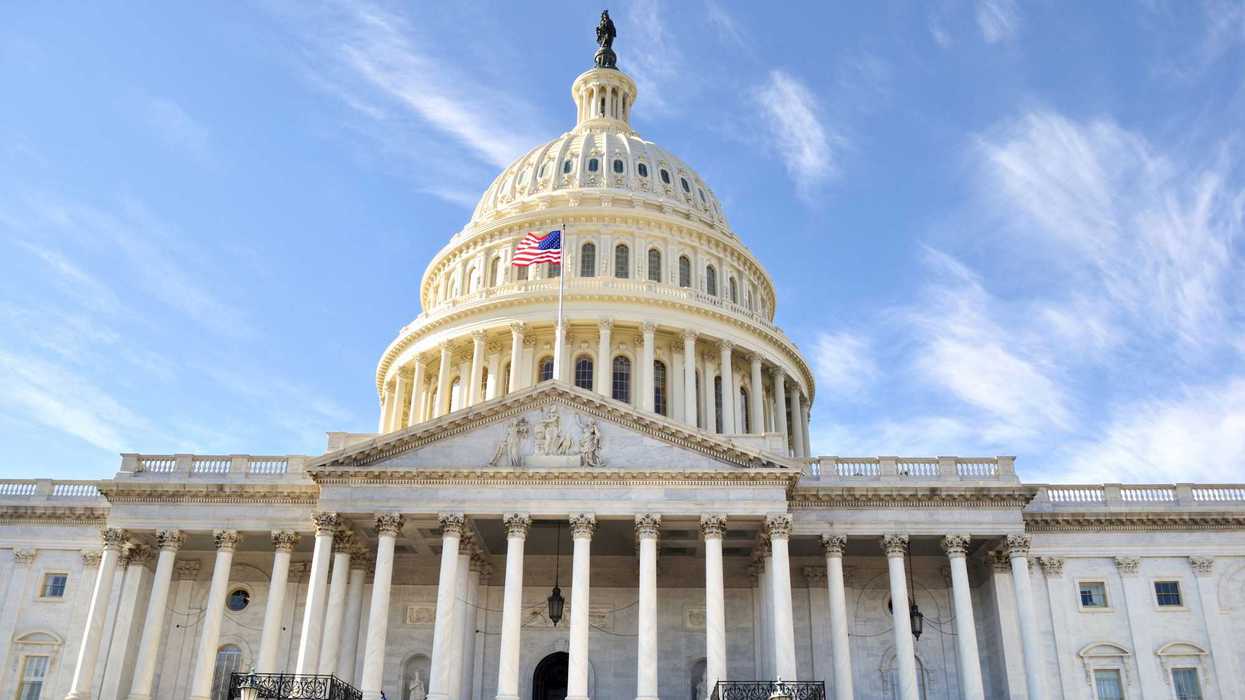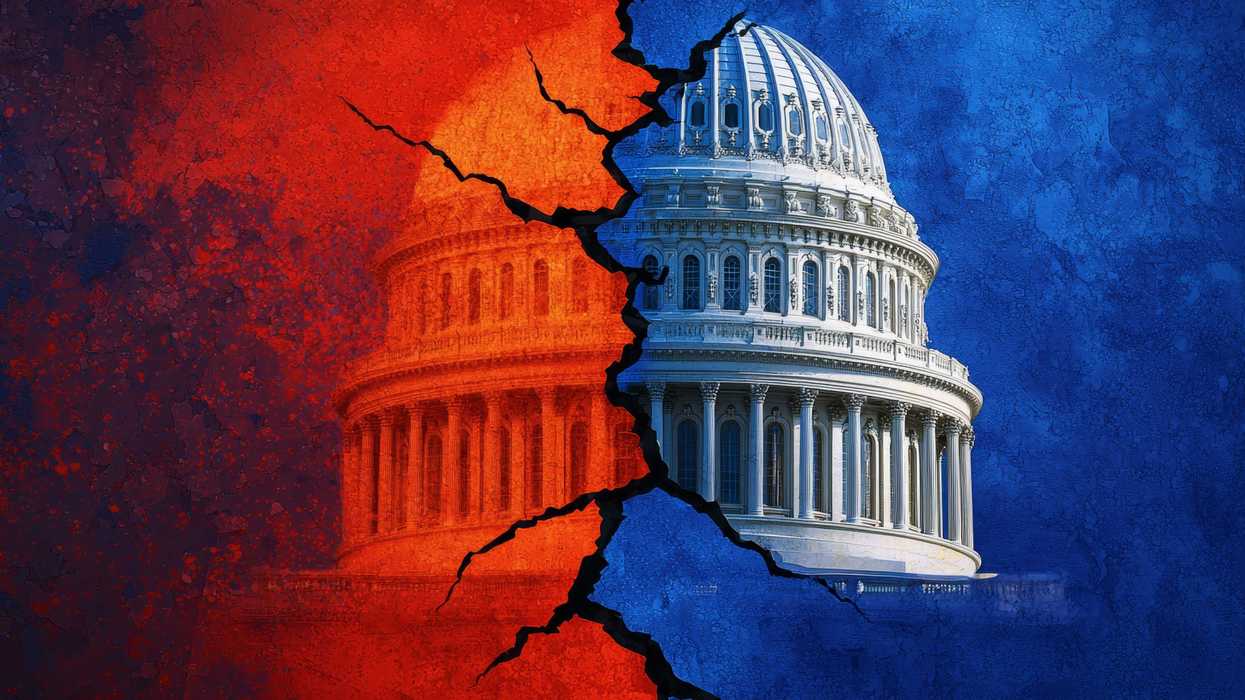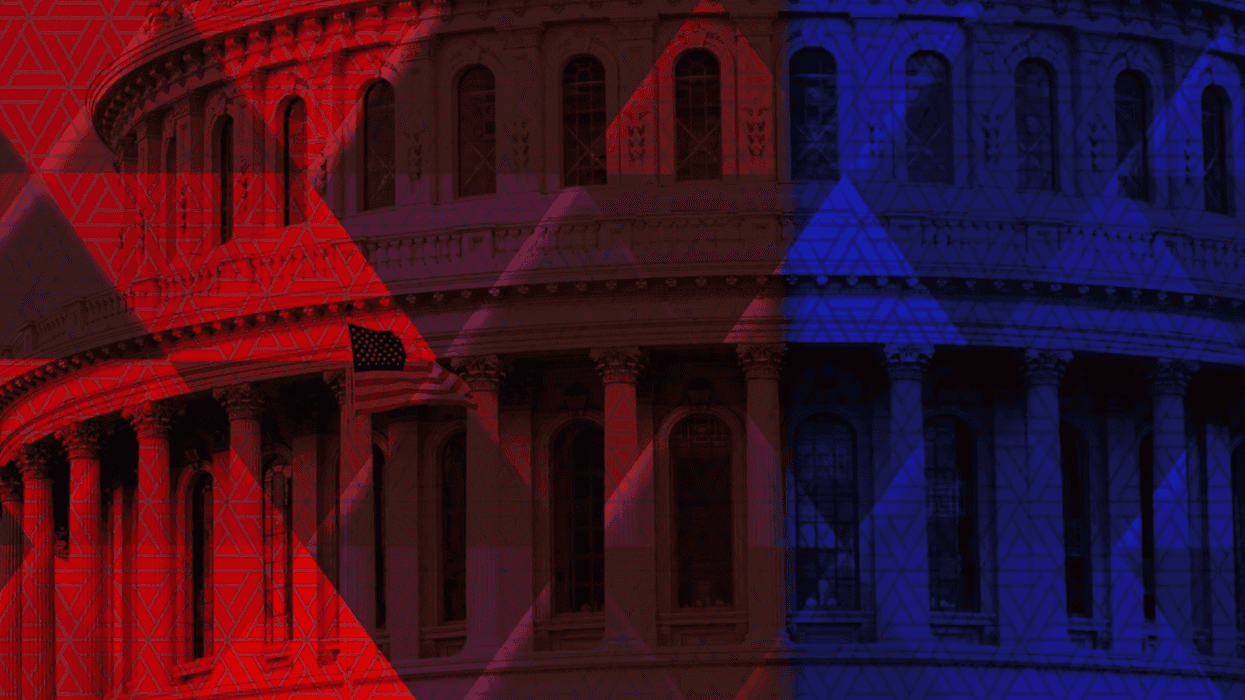Correction: The name of the National Alliance on Mental Illness was corrected.
Joe,
Why are so many Americans phobic about mental health and illness? Why did we miss a paranoid psychotic and make him president and are now misunderstanding and underestimating Vladimir Putin’s messiah complex?
Before you write me off as mentally ill, give this question serious thought. Of course, in my paranoia I question whether you will ever see this question. It depends on who reads it and/or what algorithm your A.I. is using to screen such information.
Paranoid
Hello Paranoid,
Just to let you know, I see your question, I respect your question, I welcome your question. Whether you are mentally ill is hard for me to say not knowing you, but I would honestly say the question you ask, and the way you ask it, would indicate to me that you are a person of insight, passion, and deep concern for where we are going as a nation and as a global community. Yes, mental health and wellness is a critical issue of our time. The National Alliance on Mental Illness has reported that the percentage of Americans suffering from severe depression and despair rose from 36.4 percent in 2020 to 41.5 percent in 2021, based on a survey from the Centers for Disease Control and Prevention.
I am not a licensed behavioral health care provider, but I will offer answers to your questions based on my experience and cultural observations. Having lived for 18 years outside of the United States and working internationally for 30, I’ve had plenty of time to observe, analyze and posit the workings of American culture from a distance and to compare it to other cultures. So, let’s start. But before asking why so many Americans are uncomfortable, or as you say “phobic,” about mental health issues, I think a better place to start is to ask why Americans are generally so phobic about a broad range of social and cultural issues.
When I lived in a northern European country, I experienced how it felt in my body when the general social and political approach was to look out for one another. This was reflected in how the government was set up to both encourage its citizens to excel and financially thrive as well as provide support when they needed it. I can’t say that this is the only reason for this, but I can say, from direct experience, my nervous system is able to settle there in a way it doesn’t when I’m in the United States. My conclusion is that, in a system like the U.S. where one of the cultural mottos is “everyone can and should pull themselves up by their own bootstraps” and receiving support is perceived as weakness, the personal and collective nervous systems of most, if not all, Americans are in a constant fight-flight-freeze response. This creates high levels of anxiety and perceiving anything that is different as a threat, resulting in a trauma response or patterns of phobia.
Another layer of the “sink or swim, every person for themself” mentality manifests in a deep-seated stigma we have around asking for help. Deriving pride from letting people know we did it on our own, and with a deep fear of losing individual freedom, we turn opportunities to cooperate or heal into a hostile win-lose situation. Most boys are taught to toughen up and most girls are taught to endure hardships, giving us a false sense of power that gets expressed with brute force and opposition. Therefore, discussing and getting help for our mental health becomes a direct threat to this image we feel we have to hold on to in order to survive.
So, why are leaders like the ones you mention able to succeed? Because they represent a type of power and leadership that many of us still believe to be the most effective way to succeed. And this transcends party and political beliefs. I believe we didn’t “miss this,” as you say; they actually are emblematic of a system many are still holding on to.
However, I believe this is changing. More of us are recognizing that for us to succeed, all of us need to thrive. Win-win. And from the Fierce Civility perspective, by mustering up the courage to reach out for help and creating a culture of mutual empowerment, it is possible to both maintain a sense of individual freedom and also do the messy task of working together.
One of the foundational principles of the Fierce Civility approach is that it is in your vulnerability that your true power is revealed. This is a new kind of empowerment and leadership, where you recognize that creating safety and trust is a far more effective and profitable long-term strategy than instilling fear. And part of stepping into a deeper level of authentic, resilient power is investing time and energy in your physical, mental and emotional health.
I believe we have reached a tipping point. Two years of this pandemic, and the ongoing uncertainty and anxiety, has resulted in more people welcoming the discussion around seeking support with their mental wellness. NAMI has reported that its helpline specialists went from supporting 3,543 people per month in 2019 to 5,550 per month in 2021. World athletes and public figures are speaking openly and publicly about their mental health, modeling for us this new kind of leadership and holistic approach to wellness and thriving.
So, Paranoid, keep asking the questions. We need to keep each other sharp, and also offer compassion – to ourselves as well as others,
Joe
Ask Joe is dedicated to exploring the best ways to transform tensions and bridge divides. Our resident advice columnist and conflict resolution specialist, Joe Weston, is here to answer your questions in order to resolve tension, polarization, or conflict.
Learn more about Joe Weston and his work here. Make sure to c heck out Joe’s bestselling book Fierce Civility: Transforming our Global Culture from Polarization to Lasting Peace, published March 2023.
To Ask Joe, please submit questions to: AskJoe@Fulcrum.us.




